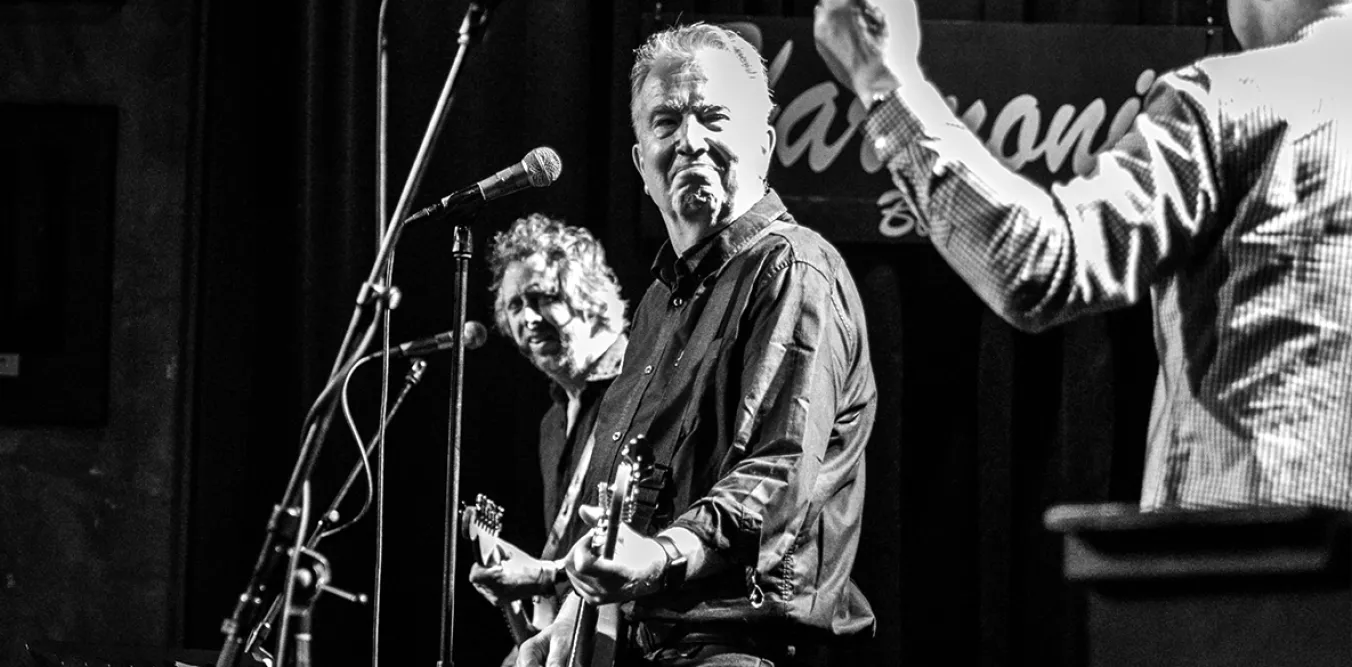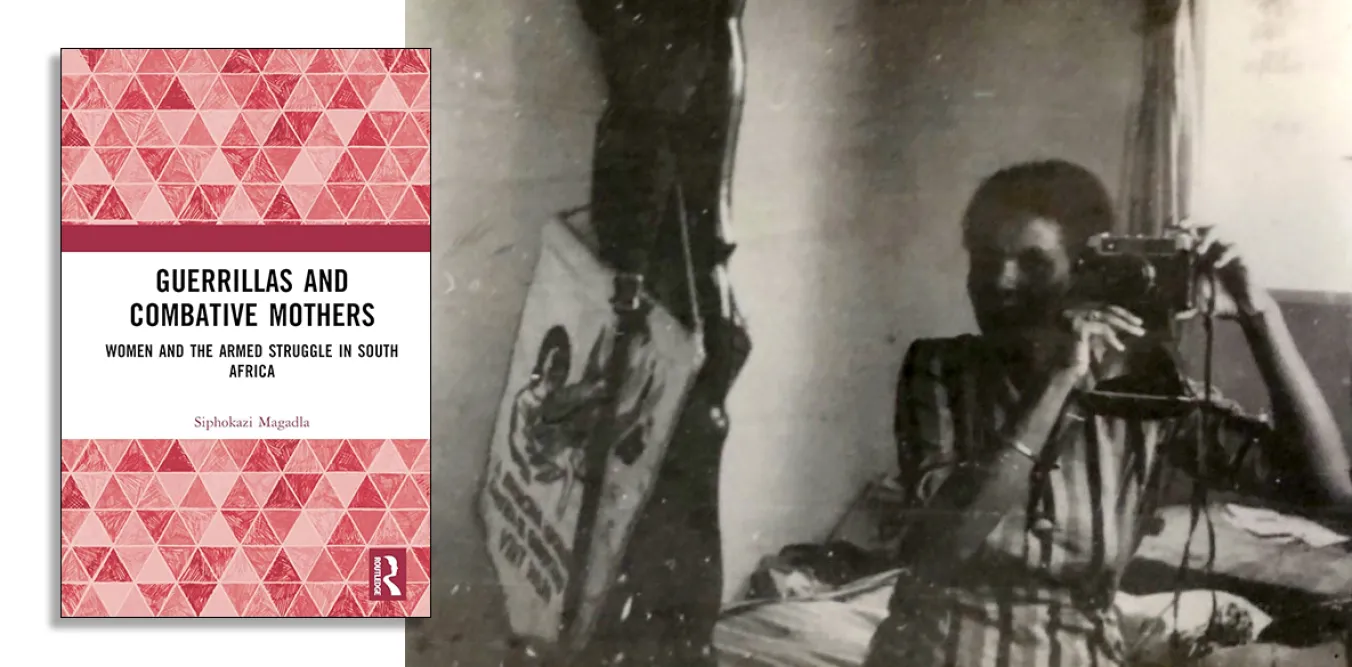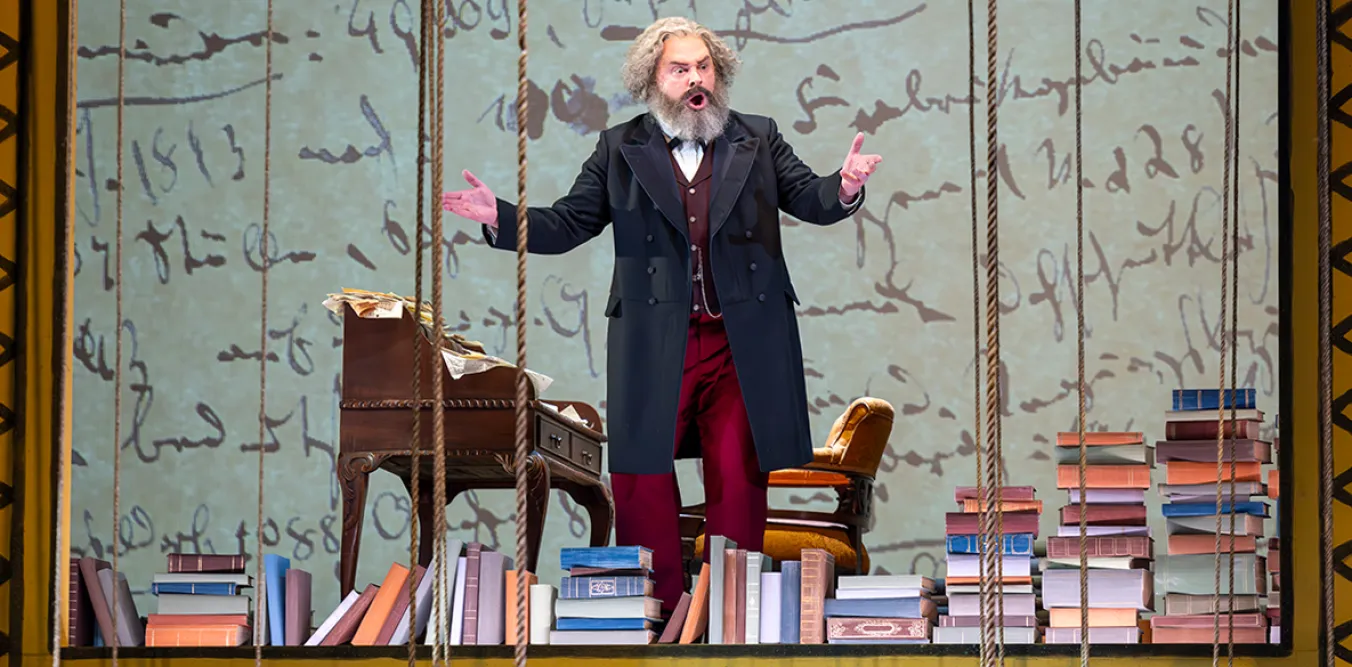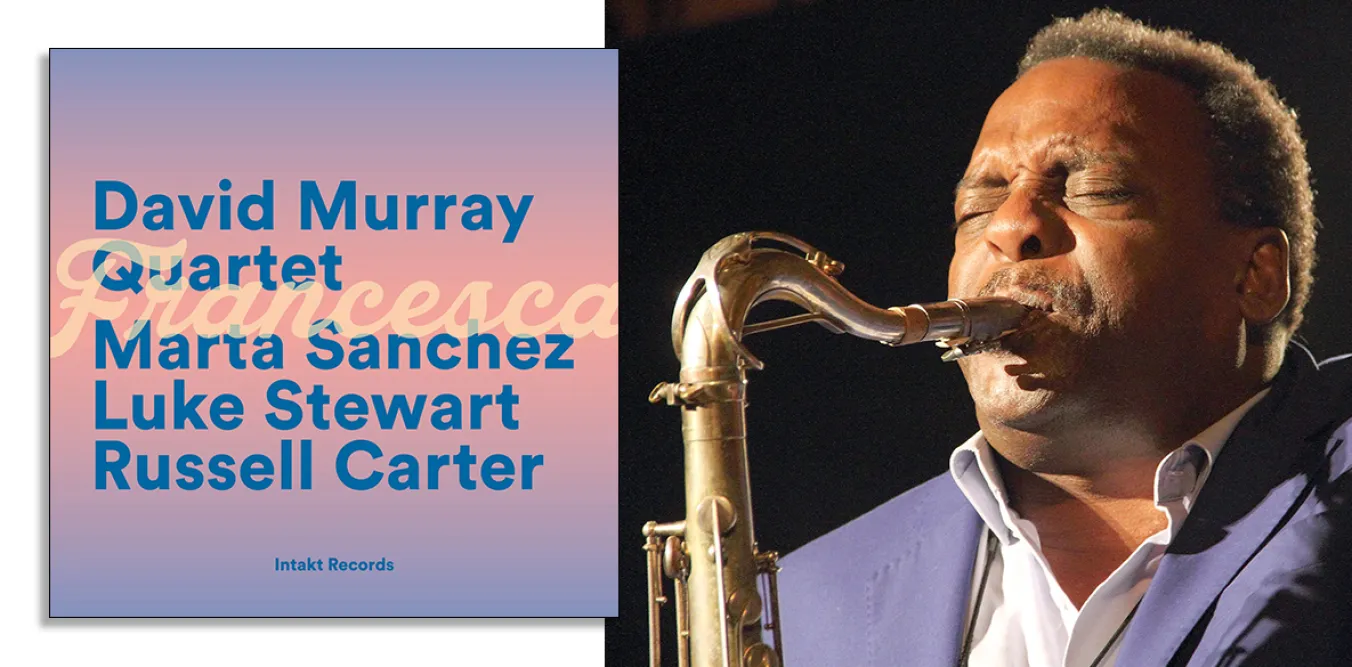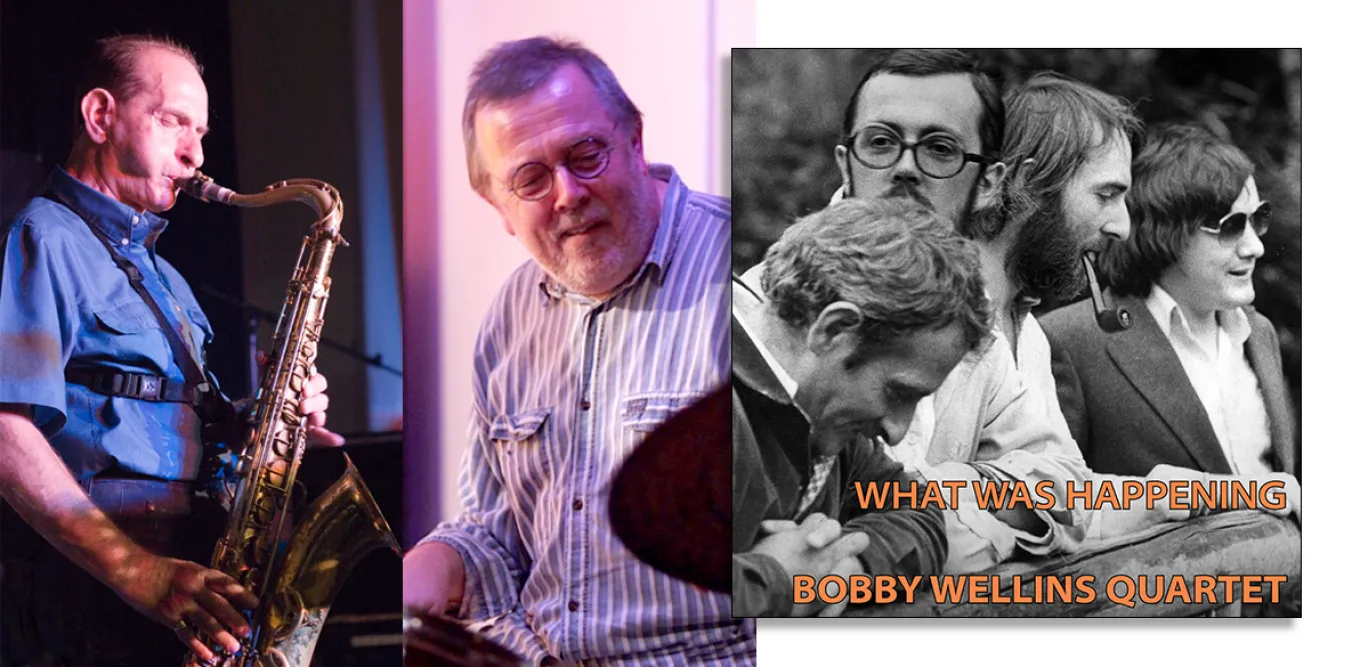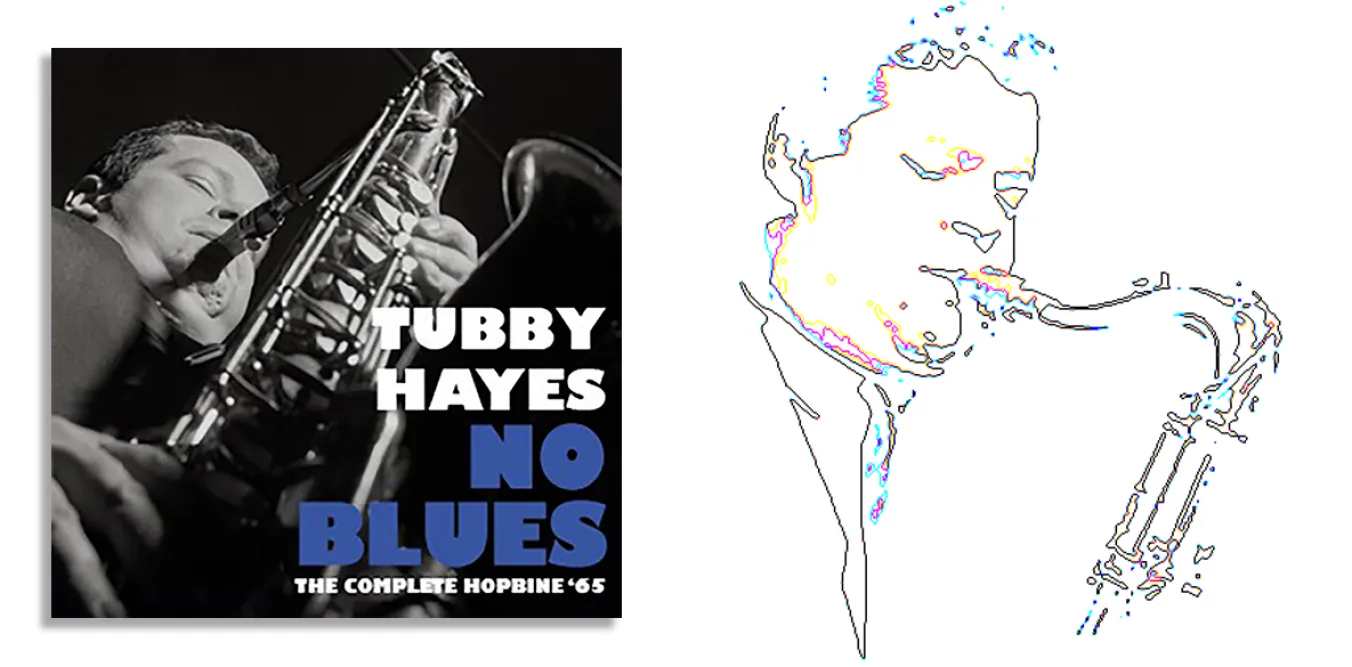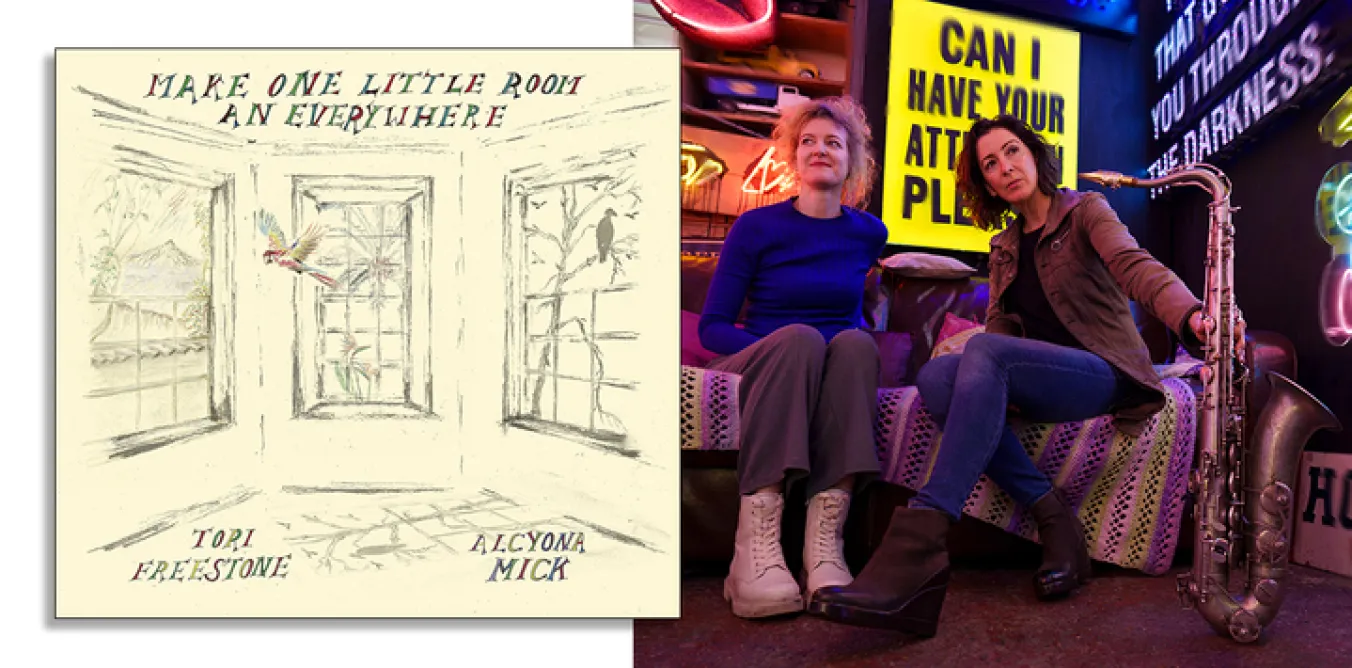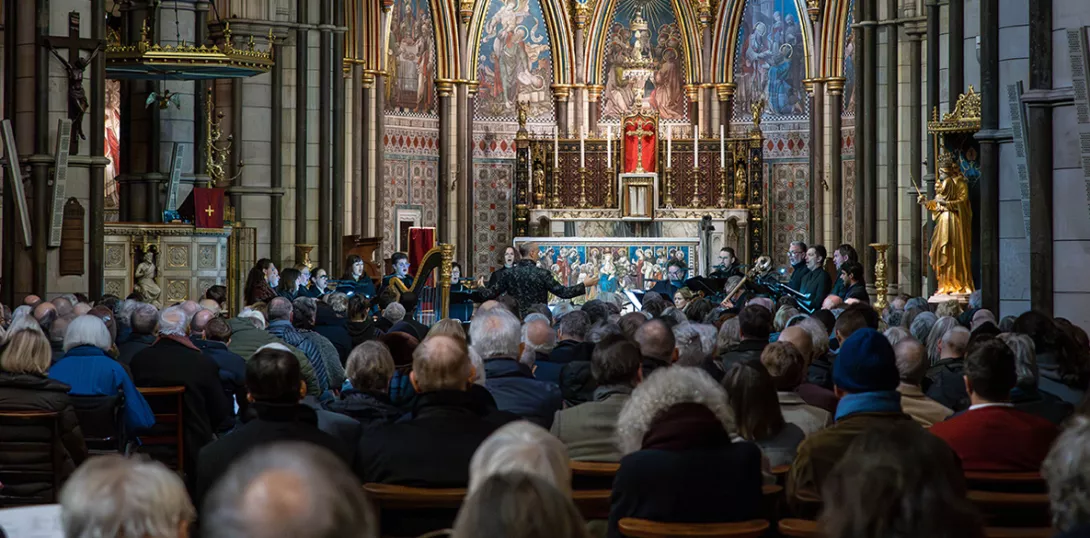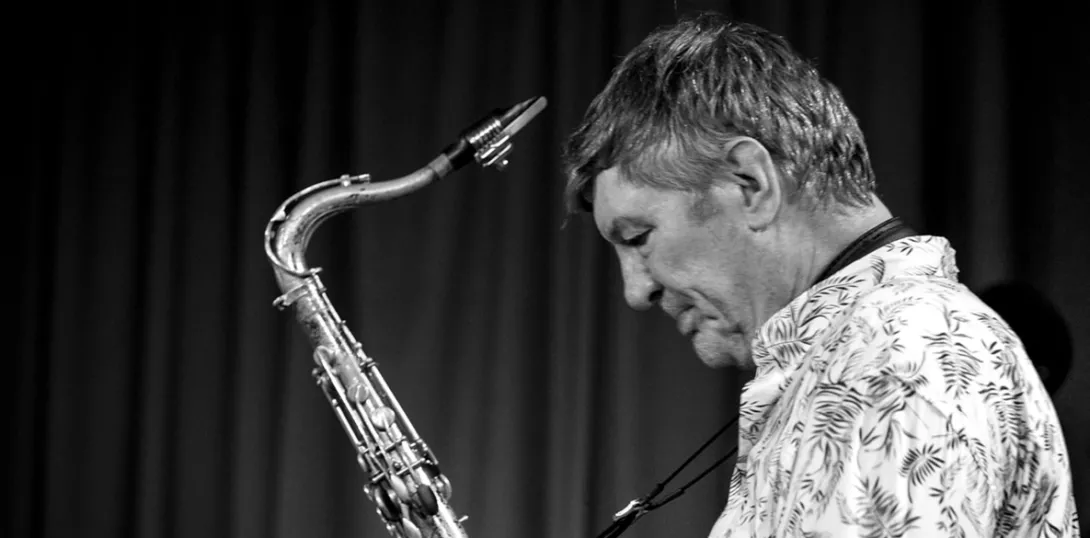
THE veteran Islington-born saxophonist and flautist, Stan Sulzmann, is 75 this year, so the reappearance of one of his most powerful albums, On Loan with Gratitude, is both apt and timely.
His father was a semi-pro accordionist/pianist, playing on pub outings and parties. “His day job was as a clerk for London Brick Company,” says Sulzmann, “while my mum worked in the east London rag trade: hardworking and working class.”
Around 1952 they moved to the huge new council estate, Harold Hill near Romford. “It seemed like paradise for me, living opposite green fields after City Road in Islington. One car (an old black Morris) on the road and big gangs of children playing outside all day. It was bad for my parents though, who were suddenly completely cut off from their extended family in inner London. My mum had severe depression and a breakdown.
“My generation listened to Elvis, Cliff Richard etc., but I remember how much I liked a record by Freddy Cannon called Tallahassee Lassie. When I was about 12 I went to a jazz meeting at the local library. I was so shy I didn’t speak to anyone. All I remember was a heated argument about who was better — Dave Brubeck or the Modern Jazz Quartet.
“I passed the 11 plus and went to the new Harold Hill Grammar. All the musical instruments were free. I wanted to play French Horn or flute, but they were all taken. At 13 my dad sold his accordion and took me to Selmer’s in Charing Cross Road and bought me a wonderful second-hand tenor sax, then fixed me up with a teacher in Dagenham. But I learned more by playing at home along to records on our Dansette record player, trying to copy bits with no idea at all what I was doing.”
He studied at the Royal Academy, while playing with Johnny Dankworth and at Ronnie Scott’s. “I crept into being a pro player, taking whatever commercial or jazz work that came up, from R and B at the Flamingo to Frankie Vaughan’s V Men at Christmas in Manchester. So I was a jobbing musician. To become a purist jazz musician seemed unattainable and a financial disaster. I also lacked confidence in myself.
“I worked in the big bands of Dankworth, Mike Gibbs and Kenny Wheeler, and in John Taylor’s legendary sextet which was a wonder to me. I played with Ronnie Scott and depped in Tubby Hayes’s Big Band, doing tours and records with the Kenny Clarke/Francy Boland Big Band with Stan Getz as soloist, and all sorts of studio dates.”
On Loan with Gratitude was first released in 1977 with a potent quintet: Sulzmann on saxes and flutes, pianist John Taylor, Ron Mathewson on bass and drummer Tony Levin. Chris Laurence plays bass on one track.
All the tunes are Stan’s, and I wondered how they came about.
“I was broadcasting for BBC’s Sunday Jazz Club and Jazz in Britain programmes,” says Sulzmann. “It was a wonderful time for being motivated. I had plenty of unrecorded music for the album.”
I asked him about some of the titles. “GRS are the initials of my eldest son. Flying Scot was for Ron, who sounded like he was flying, so natural and free! I also loved trains and remembered my grandad taking me on the engine turntables at Kings Cross — and being invited into the cabin! Adelphi was a British Rail hotel in Liverpool where there was a great jazz club.”
It’s a scorching album of its time and for now-times too, with inspired musicianship from all members.
I asked Stan about his bandmates: “John was a wondrous and still underrated pianist and composer extraordinaire: his own man, full of life, joy and forward motion, greatly missed. Ron had all the natural, pure jazz talent we would have all loved to have had. He could make a band swing at the drop of a hat with an uncanny sense of hearing for harmony while exuding sheer joy. Tony played with what he heard around him.
“He loved to play with John and Ron providing great time and colour — a headlong rush into the unknown. Chris was my generation, a beautiful bass player.”
And what about the sleeve painting — a ghost-faced cavalryman riding through a field of skulls?
“It was painted by Bud Parks,” he says, “a friend and eccentric trumpet player, also a graphic designer. I think it’s painted from the Charge of the Light Brigade. He loaned it to me. It was like the music which has lots of influences of its time. Hence ‘on loan’ — as was the pic!”
No false nostalgia in this record: just a long taste of the finest British jazz!
On Loan With Gratitude is rereleased by Jazz in Britain Records
